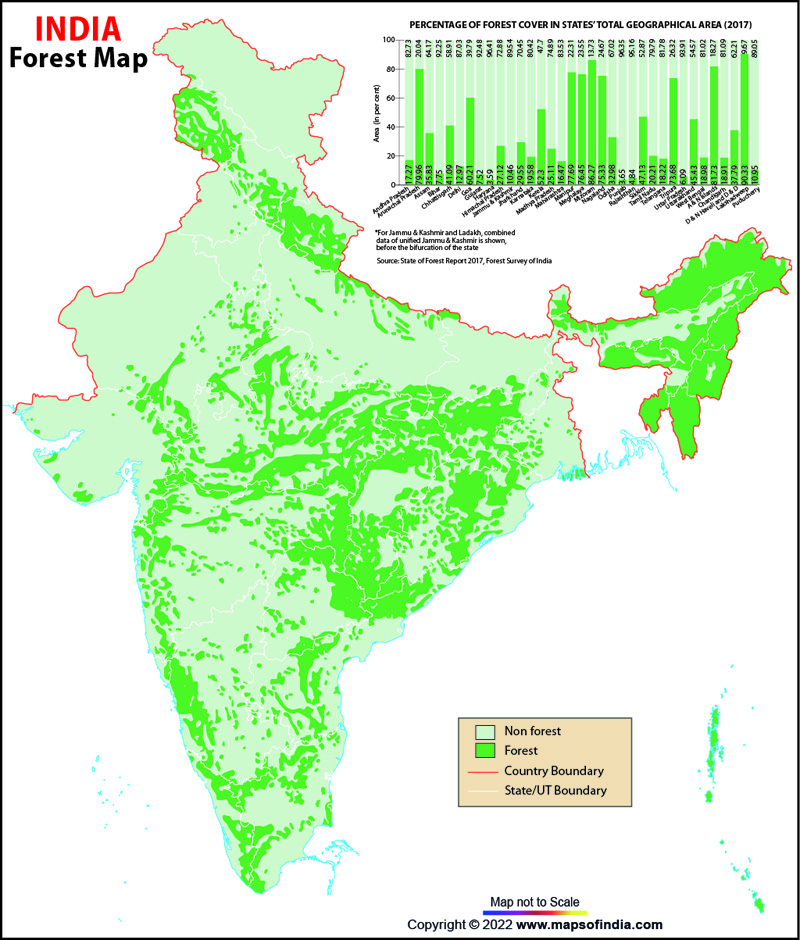Tropical evergreen forests are a type of forest ecosystem that are characterized by their lush vegetation, high biodiversity, and year-round warm temperatures. These forests are found in regions near the equator, where the climate is hot and humid throughout the year. They are typically found at latitudes between 25°N and 25°S, and are home to a wide variety of plant and animal species.
Tropical evergreen forests are found in several regions of the world, including Central and South America, Africa, Southeast Asia, and the Pacific Islands. In Central and South America, tropical evergreen forests are found in countries such as Brazil, Colombia, Ecuador, and Peru. These forests are home to a diverse array of plant and animal species, including monkeys, jaguars, parrots, and orchids.
In Africa, tropical evergreen forests are found in countries such as Gabon, the Democratic Republic of Congo, and Cameroon. These forests are home to a number of iconic species, including gorillas, chimpanzees, and elephants. They are also home to a wide variety of plant species, including hardwood trees, bamboo, and ferns.
Southeast Asia is home to some of the most biodiverse tropical evergreen forests in the world. Countries such as Indonesia, Thailand, and Malaysia are home to a wide variety of plant and animal species, including orangutans, tigers, and rhinoceroses. These forests are also home to a number of indigenous communities, who rely on the forests for their livelihoods.
The Pacific Islands are also home to a number of tropical evergreen forests. Countries such as Papua New Guinea, the Solomon Islands, and Fiji are home to a diverse array of plant and animal species, including birds of paradise, tree kangaroos, and pitcher plants. These forests are also home to a number of indigenous communities, who rely on the forests for their food, shelter, and cultural traditions.
Overall, tropical evergreen forests are found in a number of regions around the world, and are home to a wide variety of plant and animal species. These forests are important for the health of the planet, as they help to regulate the global climate and provide a home for countless species. However, these forests are also under threat from human activities, such as logging and land conversion, and it is important that we work to protect and conserve these vital ecosystems.






